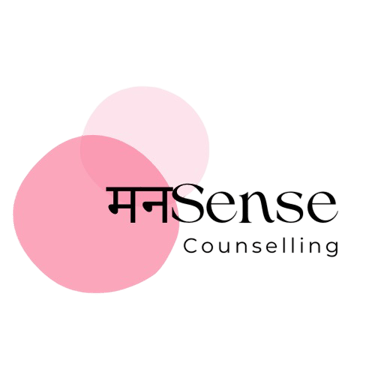How To Stop Saying Yes To Everything When You Really Want To Say No
Learn 5 gentle, non-cliché tools that help you stop saying yes to everything, and rebuild self-trust in the process.
GROWTH MINDSETMENTAL HEALTH & HEALINGRELATIONSHIPS & EMOTIONAL INTELLIGENCE
Kashmira
6/12/20252 min read



How To Stop Saying Yes To Everything: 5 Gentle, Non-Cliché Tools That Actually Work
So many of us say yes when we’re screaming no inside. Not because we’re weak, but because somewhere along the way, saying yes became a survival skill. It helped us feel liked, safe, useful, or needed. But the cost? Burnout. Resentment. A growing distance from our own needs.
As a trauma-informed therapist, I don’t believe in shaming people into becoming boundary ninjas. Instead, I believe in small, doable shifts that help you move closer to your truth. Without guilt or overwhelming feelings.
Here are 5 non-cliché, simple, and emotionally gentle tools to help you start saying no when you mean it, and yes when you truly want to:
1. Pause Permission — Create A Buffer
Instead of saying yes (or no) right away, practice this short, pressure-free script:
Let me check my schedule and get back to you in a bit.
Can I confirm later today?
It gives you time to:
feel your actual capacity
ask yourself, “Would I feel resentful if I said yes to this right now?”
decide from intention, not impulse
You’re not being flaky. You’re building self-trust by checking in with yourself first.
2. Future You Filter — A Quick Gut-Check
Before saying yes, imagine your future self, maybe 2 hours or 2 days from now, doing that thing.
Ask, “Would Future Me thank me for this? Or will she hate it?”
This trick bypasses logic and taps into your inner wisdom. It’s not selfish. It’s a form of inner alignment.
3. Default No Practice — Pre-Deciding A Few No’s
Make a list of 2–3 types of requests you always regret saying yes to:
Last-minute favors
Back-to-back social plans
Work beyond usual hours
Then craft a gentle pre-written script you can copy-paste or say out loud. For example:
I’d love to help, but I’ve promised myself I wouldn’t take on anything extra this week.
I’m being mindful of my energy lately, so I’ll have to sit this one out.
This reduces decision fatigue and helps you honor your "bandwidth" automatically.
4. The Mirror Method — Say It Like You’d Want To Hear It
Think about a time you heard someone say no to you, but you didn’t feel hurt by it. Maybe you even admired them for it.
Now borrow that tone. That clarity. That kindness.
You’re not rejecting the person. You’re just protecting your peace.
5. Build A “Yes” Recovery Ritual
Super important. For the times you do say yes and regret it, don’t spiral into guilt. Instead:
Acknowledge: “Okay, I overcommitted. That’s okay. I’m learning.”
Release: Stretch, shake it off, or vent to a trusted friend.
Repair: Say no to the next thing as a tiny act of self-trust.
This helps rewire self-abandonment into self-repair.
Gentle Reminder
Saying yes doesn’t make you kind.
Saying no doesn’t make you cold.
Being honest with yourself is the highest form of integrity.
You don’t have to become a "no" expert overnight. But every time you honor your capacity, even in the smallest way, you’re rebuilding trust with the most important person in your life: you.
If this helps, here are a couple of links you can check out: Suggest a topic for another post. Book a counselling or therapy session for extra support.
